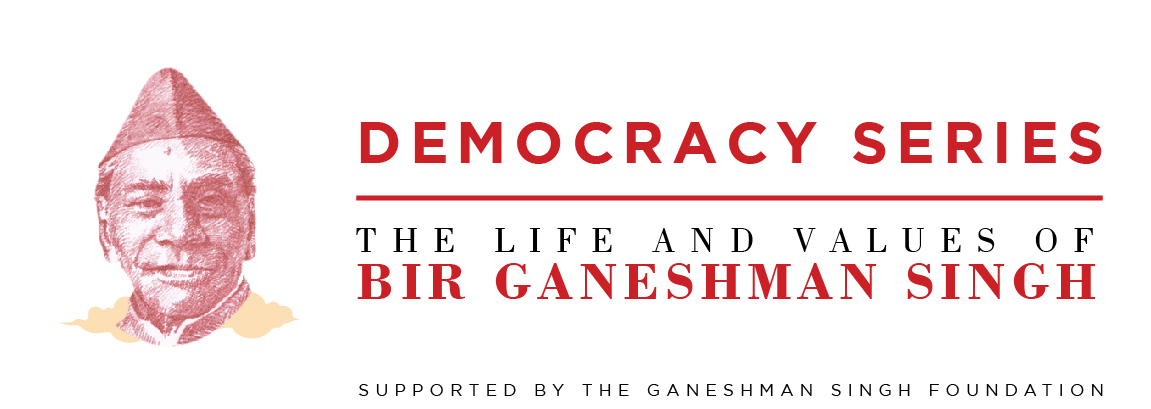A Sleepless Night:
Although freed in the morning, it was well past 11 o’clock at night when Singh finally entered his home. His mother, wife, friends and family members were waiting for him to arrive. The ritual of accepting Saguns continued – he received it from his grandmother, mother, and other elderly women of the family. There were friends from different backgrounds and Singh entertained everyone briefly. With his political friends, he spent a bit longer time understanding recent developments.
It was around 2 o’clock by the time Singh was finally able to retire to his room. There, he had a brief conversation with Mangala Devi, his wife. Singh, who had been arrested just months after his marriage to Mangala Devi was yet to know her completely. However, over the years, as they learnt more about each other and their shared traits (political beliefs, determined personalities and respectful nature), they were to become an exemplary couple.
After his brief conversation with Mangala Devi, Singh settled down to sleep – but sleep would not come easily. He experienced a wave of emotions – being free after ten long years, the day’s political rally and Kathmandu residents making him a leader, what would the future entail – it was all too overwhelming.
Singh twisted and turned, when all of a sudden, his mind flashed to a specific day of his life.

He saw Martyr Gangalal being dragged by some guards from Kalkothari jail, when Gangalal stops in front of him.
“Do not forget my blood Ganesh Man Dai”, Gangalal tells Singh.
That was the last time Ganesh Man saw martyr Gangalal, and the memory of the day haunts Singh constantly.
Amidst the whirlpool of emotions, Singh is taken further back to his early days when he had joined Praja Parishad – he reflects on his experiences, and how much he has grown over the ten years.
Singh reflects upon his political journey:
Singh, ten years ago, had recently returned from Calcutta when his political inclination began to stir. He remembers harbouring a desire to uproot the Rana regime, but had no clear political perspective. He therefore joined Praja Parishad, but was arrested before he, or the party could do anything concrete towards destabilizing the government.
The Ranas ordered death sentences for martyrs Gangalal Shrestha, Dashrath Chand, Shukraraj Shastri and Dharma Bhakta Mathema.
Singh was sentenced to complete a jail term at Bhadragol. In Bhadragol, Singh started having political interactions and reading other political literature to refine his subject knowledge on politics. Singh was also simultaneously planning his escape, and was successful in 2001 B.S.
In an eventful journey, Singh makes a long journey of escaping into India on foot via Nuwakot, Gorkha, Kaski, Syangja, Tansen, Palpa, Butwal, Bhairawaha to Sunauli. In this journey, Singh is exposed to the prevalence of social inequalities, underdevelopment, caste based discrimination, amongst other issues. This is Singh’s first insight into Nepal, and Singh’s determination for political reform is further emboldened.
Once in India, Singh continues his political efforts, and is able to be a founding member of Nepali Congress. Through Nepali Congress, Singh is able to continue his political ambitions of ushering democracy in Nepal until he is arrested again in 2007 B.S.
Once again placed back in jail, Singh is forced to miss the tripartite talks in Delhi, but keeps himself updated on the development.
That was all until the people of Kathmandu called him ‘Bir Ganesh Man’ and accorded him the title of ‘their leader’.
Singh took the aspirations of the people seriously, and later shared with Mathbar Singh the lines below:
“I am active in politics to sustain two obligations – one, arising from Gangalal’s last wish, and the other arising from the declaration of the people”.
These two continued to motivate Singh to serve Nepal, and its people throughout Singh’s lifetime.
Preparations to welcome King Tribhuvan and leaders of NC home:

Caught up in his thoughts, Singh was unable to sleep on the night of his release. The next day was Falgun 3, 2007 B.S. With King Tribhuvan and leaders of Nepali Congress scheduled to arrive in Nepal on 4th Falgun, preparations for welcoming them was ongoing.
Singh met with his friends early the next day, and became involved in preparations for welcoming the King and other leaders home.
According to Singh, “Two separate welcome committees had been formed. One was formed by members of Nepali Congress and the other was organized under the chairmanship of famed poet Lekhnath Poudyal”.
Singh was impressed with the preparations – the committees had widely appealed to the residents of Kathmandu to ‘go to Gauchar to welcome the King and the leaders of Nepali Congress’. There were welcome gates posted in several areas through which the King and other leaders would pass by, and it seemed like the only topic that was discussed in Kathmandu on the 3rd was the arrival of King Tribhuvan and other leaders.





